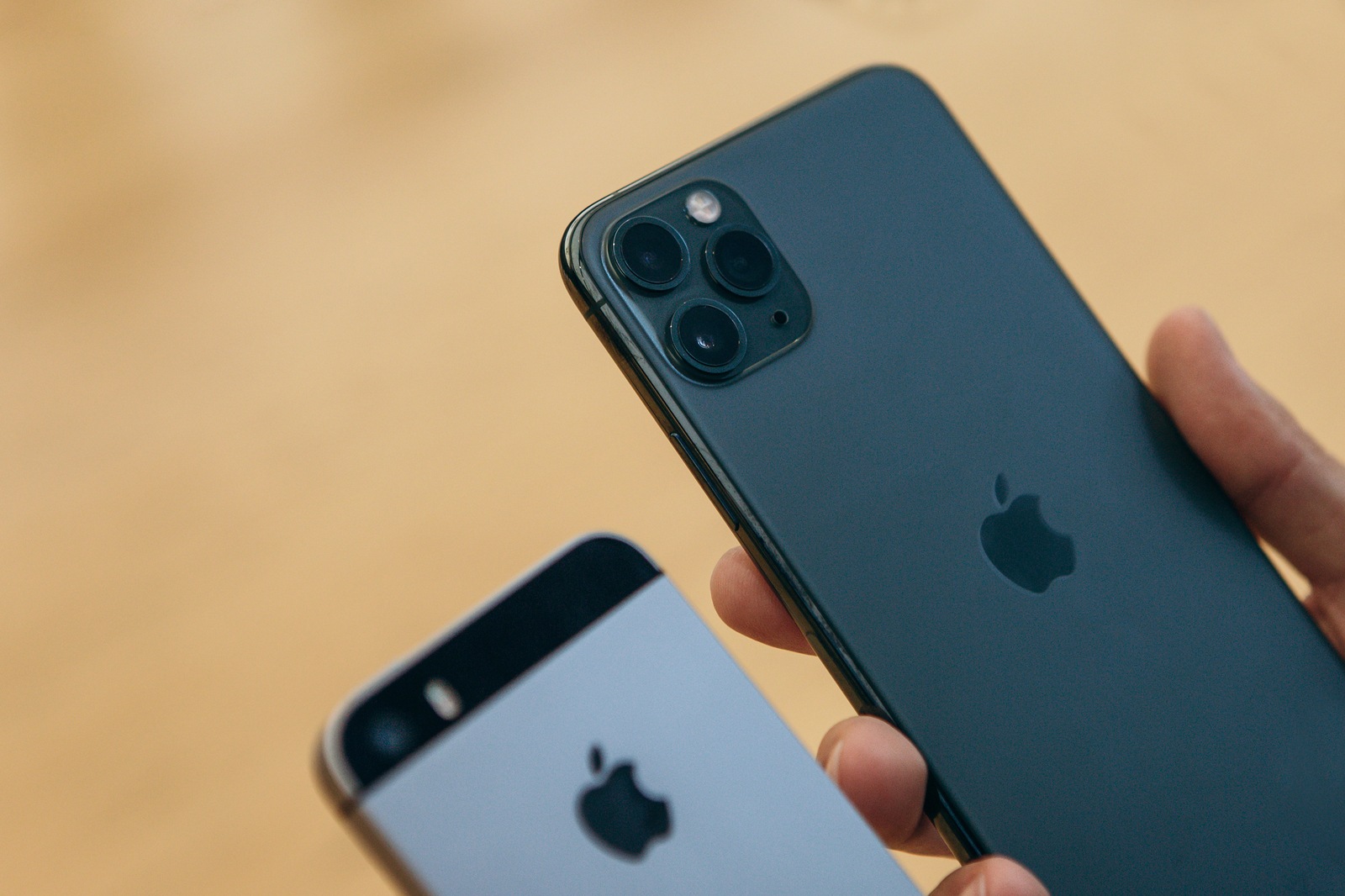In just over four months, Apple is expected to introduce new operating systems, including iOS 14, iPadOS 14, tvOS 14, watchOS 7 and macOS 10.16. But which iPhone and iPad models are supported by iOS 14?
At the beginning of June this year, the WWDC 2020 (World Wide Developer Conference). During this week of events, Apple traditionally presents new operating systems. Now a new report has been published, according to which the iOS 14 compatible devices have been revealed. According to the French Apple Blog iPhonesoft According to the company, almost all iPhone devices that already support iOS 13 will be compatible with iOS 14 - the iPhone SE may also be included for another year. However, two models will be dropped under iPadOS 14. Here is a list of the iPhones that will be compatible with iOS 14:
- iPhone 11 Pro
- iPhone 11 Pro Max
- iPhone 11
- iPhone XS
- iPhone XS Max
- iPhone XR
- iPhone X
- iPhone 8
- iPhone 8 Plus
- iPhone 7
- iPhone 7 Plus
- iPhone 6S
- iPhone 6S Plus
- iPhone SE
- iPod touch (7th generation)
In addition to the iPhone devices listed above, the new 2020 models, including the successor to the iPhone SE, are of course also supported. But things could be different for the iPhone 6S and the iPhone SE - according to the blog. The final decision is still pending. The report also claims to have revealed a list of compatible iPad devices. iPadOS 14 should take the following models into account:
- iPad Pro 12.9-inch
- iPad Pro 11-inch
- iPad Pro 10.5-inch
- iPad Pro 9.7-inch
- iPad (7th generation)
- iPad (6th generation)
- iPad (5th generation)
- iPad mini (5th generation)
- iPad Air (3rd generation)
If iPhonesoft is actually right, the iPad mini 4 (released in September 2015) and the iPad Air 2 (released in October 2014) would not receive iPadOS 14 support.
Increase stability and security with iOS 14
Rumors about iOS compatibility should generally be treated with caution. Such reports are of course always interesting but never accurate. iPhonesoft published a similar list last year. At the time, the blog claimed that the iPhone SE, iPhone 5S and iPhone 6 would not receive iOS 13 support. While the site was right about the iPhone 5S and iPhone 6, it was wrong about the iPhone SE. In general, observers believe that Apple wants to provide as many devices as possible with iOS 14 in order to increase overall stability and security. It is also in Apple's interest to offer as many users as possible access to Apple Arcade and Apple TV+. Therefore, a healthy dose of skepticism is advised when it comes to reports like this one. (Photo by franz12 / Bigstockphoto)





